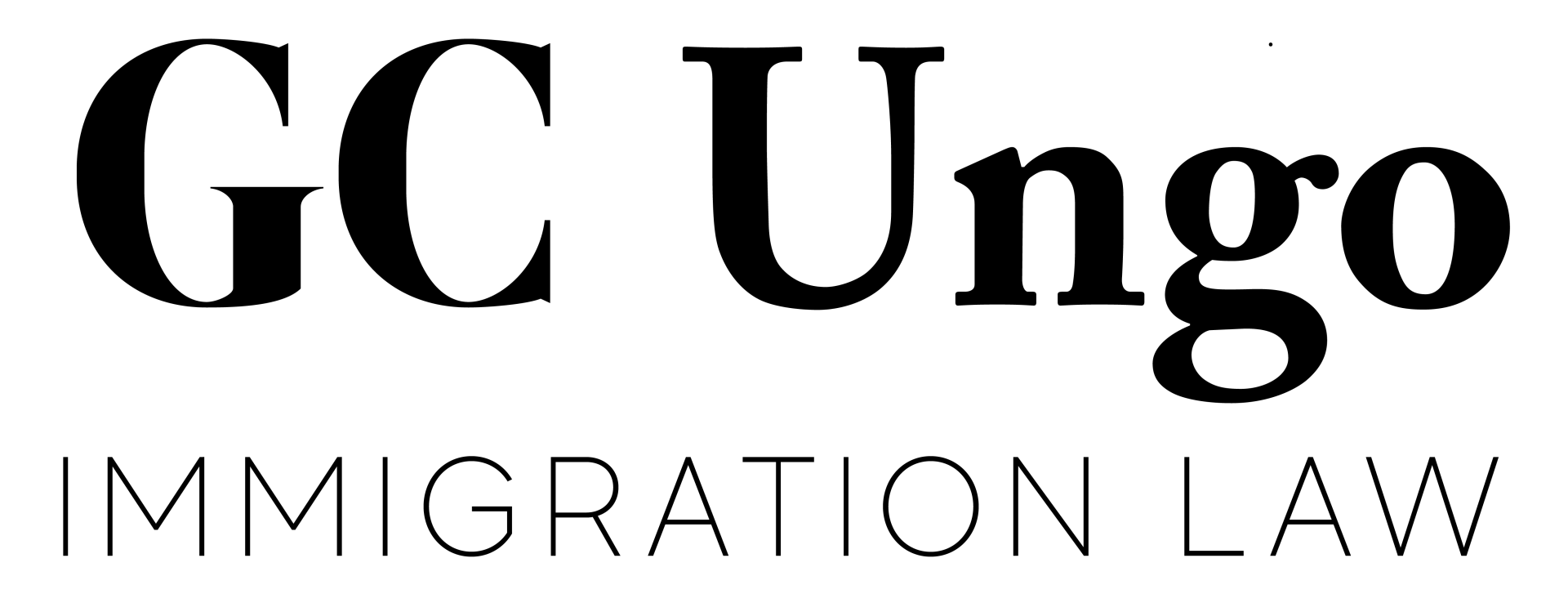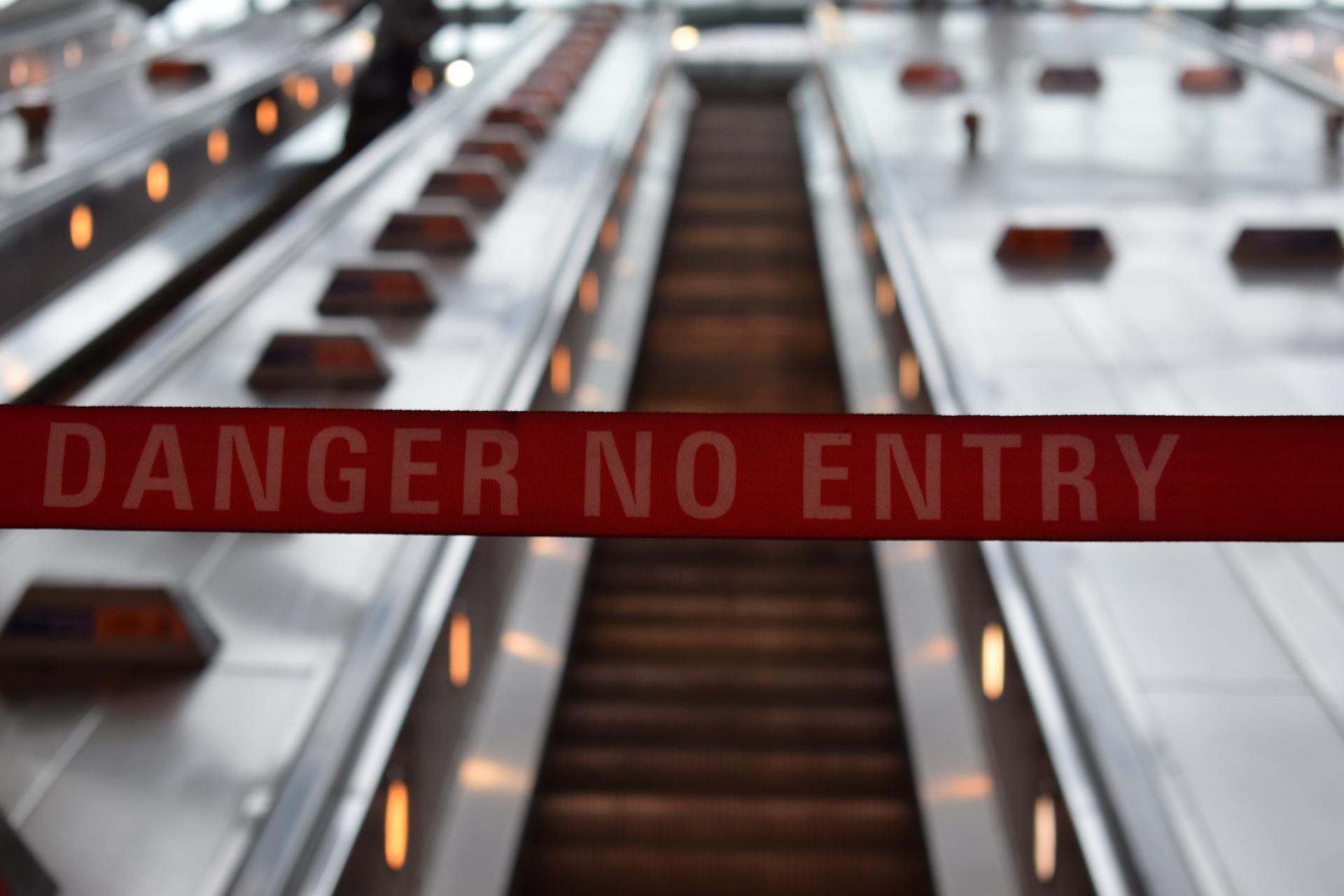Trump Issues New Proclamation Suspending Issuance and Entry of Certain L-1, H-1B and J-1 Categories
Gabriela Ungo • June 23, 2020
On June 22 2020, President Trump issued a new Executive Order (EO)suspending issuance of certain nonimmigrants visas.
President Trump again exercised executive authority to temporarily suspend the issuance of the certain non-immigrants visa categories for foreign nationals who are outside of the US on or after June 24 2020. The entire order is scheduled to expire on 31 December 2020. The Executive Order may be rescinded or modified prior to 31 December 2020; it will be reviewed 30 days after its signature and every 60 days thereafter.
Which non-immigrant visa categories are affected by this Executive Order?
- H-1B visas and their spouses and dependent children;
- H-2B visas and their spouses and dependent children
- J visas, to the extent the foreign national is participating in an intern, trainee, teacher, camp counselor, au pair, or summer work travel program, and their spouses and dependent children; and
- L visas, and their spouses and dependent children.
Executive Order only applies
to those foreign nationals who are:
- Outside the United States on or after June 24 2020;
- Do not have a nonimmigrant visa that is valid on or before June 24 2020; and
- Do not have an official travel document other than a visa (such as a transportation letter, boarding foil, or advance parole document), valid on the effective date of the Proclamation or issued thereafter permitting the individual to be admitted to the United States.
I am currently in the United States. Does the Executive Order apply to me?
No. If you are in the U.S. holding any valid visa
on or before June 24 2020, the Executive Order should not apply to you. If you travel internationally and require a new valid visa to re-enter, you will be subject to Executive Order. Consult an immigration lawyer before making any travel plans outside the United States.
While issuance
of L visas, H-1B visas, H-2B visas has been suspended until 12/31.2020, petitions will continue to be received and adjudicated by United States Citizenship and Immigration Services (USCIS) during this time. Such petitions may be approved by USCIS, however no visas will be issued and the beneficiary will not be permitted to enter the United States until the expiry or rescission of the Proclamation.
Individuals are currently in in the United States may continue to apply for extensions from within the United States.
Which individuals are exempt from this Executive Order?
- Any Individual seeking entry to provide temporary labor essential to the U.S. food supply chain ( for example, H-2B visa holders), and
- Any individual whose entry would be in the national interest as determined by the Secretary of State, the Secretary of Homeland Security, or their respective designees.
I hold a valid non-immigrant visa, but I am currently outside of the United States. Will I be allowed entry after June 24 2020?
Maybe. The Executive Order seems to indicate that any foreign national with a valid non-immigrant visa on or before June 24 2020,
will not be subject to this Executive Order. However, the Executive Order is vague and needs clarification.
I hold a valid H-1B/L-1/J-1 non-immigrant visa which does not expire until next year and have plans to visit my family this Christmas. Can I travel Outside the United States?
It depends. With embassy closures (and uncertainty about when/if they will reopen/resume processing), travel bans (Europe, etc.), visa processing delays/suspensions, flight cancellations, COVID-19 travel restrictions, we will be advising our clients not to depart the United States unless it is absolutely necessary.
Other COVID-19 Travel Bans
It should be noted that this new Proclamation does not replace pre-existing bans: individuals may not enter the United States if they travel from a list of countries during a 14-day period preceding their entry.
Targeted countries include: China, Brazil, Iran, the Republic of Ireland, the United Kingdom, and countries within the Schengen Area. The 26 Schengen countries are: Austria, Belgium, Czech Republic, Denmark, Estonia, Finland, France, Germany, Greece, Hungary, Iceland, Italy, Latvia, Liechtenstein, Lithuania, Luxembourg, Malta, Netherlands, Norway, Poland, Portugal, Slovakia, Slovenia, Spain, Sweden, and Switzerland.










